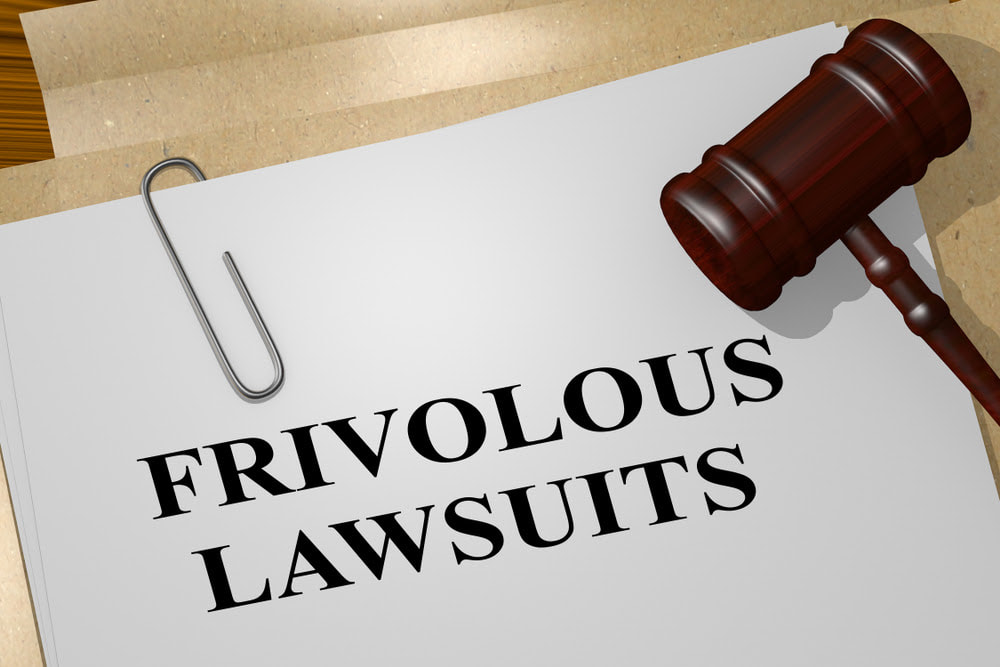|
Since more than half of all Americans never create a Will or estate plan, there is a strong chance you may one day have to help manage this type of estate. Fortunately, Texas provides four viable approaches for handling such matters — each with its own separate requirements and possible disadvantages. They are described below to make it easier for you to discuss your options with your lawyer.
Two approaches to handling an estate after someone died without a Will involve simply filing affidavits. The other two options include having a probate court help determine the official heirs of the person who died – or the formal filing (or request) for either a dependent or independent administration of the estate. The four ways you can probate a Texas estate when there was no Will or estate plan I. You might be able to file a Small Estate Affidavit. Requirements for taking this approach – if the estate qualifies for it
Requirements for taking this approach While it is not a strict requirement, this option is usually chosen when the only assets of the deceased that require title transfers are pieces of real estate. Drawbacks to using an Affidavit of Heirship?
III. You can ask a probate court to make a formal Determination of Heirship This option is designed to firmly establish the distribution of assets to all proper or legal heirs, under the Texas probate code’s intestacy provisions. Advantages to taking this more costly approach
This approach is chosen when the parties involved want the probate court to appoint a formal administrator of the estate. (The only real difference between a “dependent” or “independent” administration of an estate is the degree of court involvement. The dependent type normally requires more court involvement or direction). Advantages of dependent or independent administration of an estate
Contact us 281-488-0630 http://www.murray-lobb.com/ Our mailing address is: Murray-Lobb, PLLC 700 Gemini, Suite 115 Houston, Tx 77058
0 Comments
Leave a Reply. |






 RSS Feed
RSS Feed